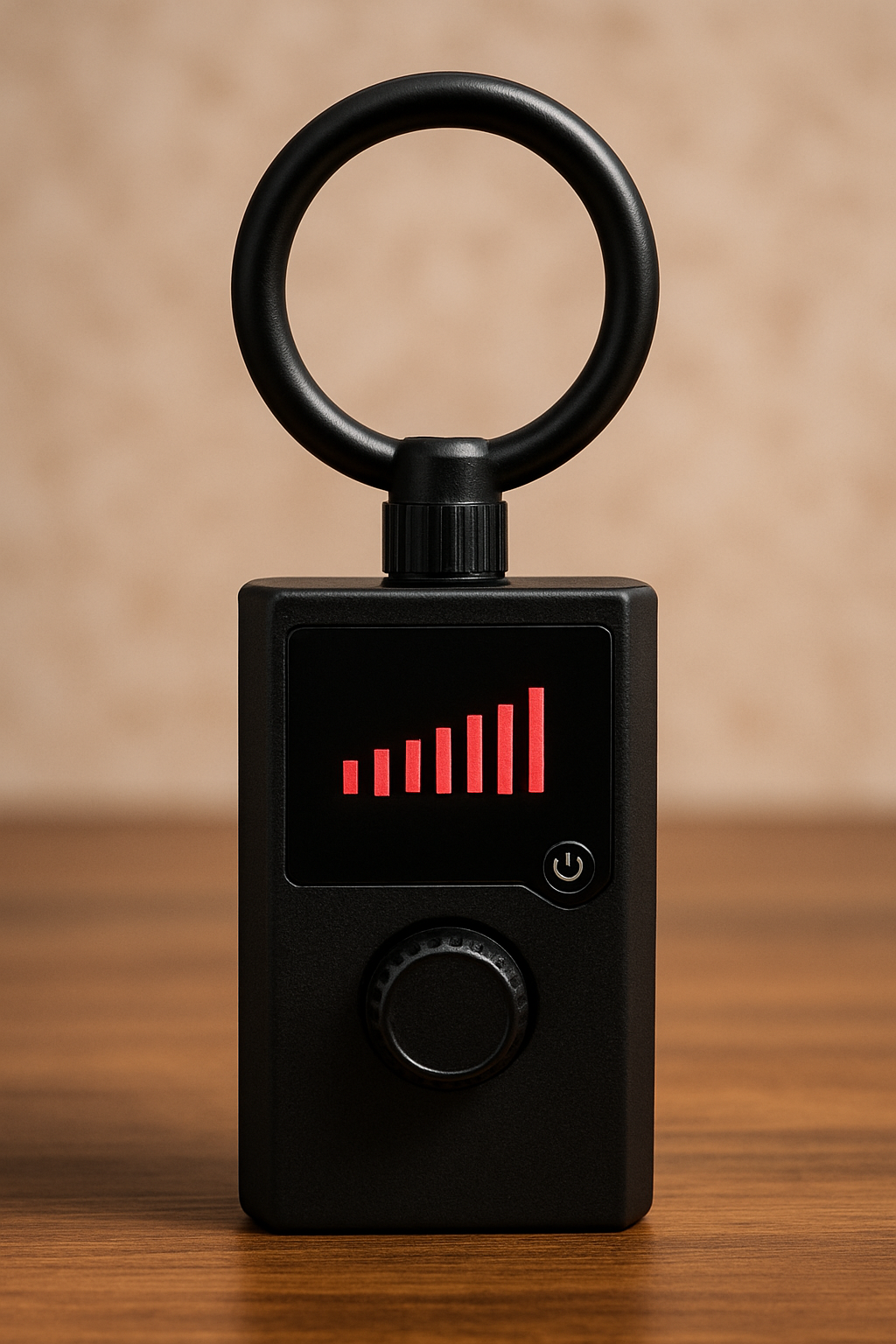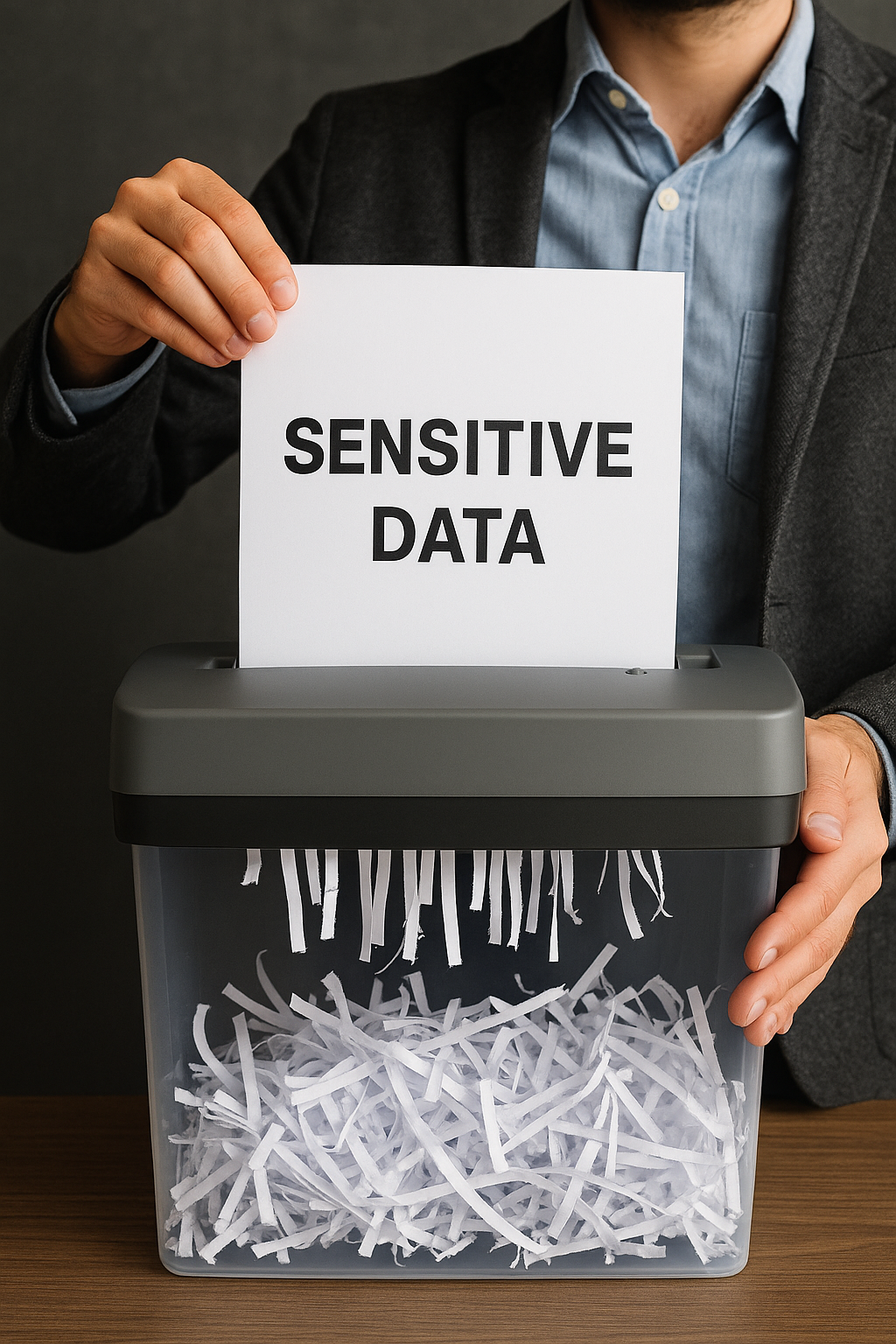In the realm of emergency preparedness, financial privacy is often one aspect that is overlooked amidst the focus on supplies and physical security. Yet, in an increasingly interconnected world where personal data can become a commodity or liability, protecting financial privacy is a critical component of any comprehensive emergency preparedness plan. A financial privacy consultation for emergency preparedness would cover several key areas:
Importance of Financial Privacy
Understanding why financial privacy matters is the first step in protecting it. In emergencies, whether due to natural disasters, cyber-attacks, or economic instability, access to funds and personal financial information can be compromised. Protecting your financial privacy helps to minimize the risk of identity theft, fraud, and loss of assets.
Evaluate Current Financial Privacy Level
- Audit Existing Accounts: Review bank, credit, and online payment accounts to assess potential vulnerabilities. Are your passwords secure and unique for each account?
- Check Credit Reports: Ensure there are no unknown accounts or discrepancies that could indicate identity theft or fraud.
- Secure Personal Documents: Assess how you store important financial documents such as social security cards, tax returns, and bank statements. These should be kept secure, ideally in a fireproof and water-resistant lockbox or safe.
Implementing Strong Security Practices
- Strong Authentication: Use multi-factor authentication (MFA) on all financial accounts when available.
- Password Management: Employ a reputable password manager to create and store complex passwords.
- Secure Communications: Encrypt sensitive financial communications and consider using secure email services or Virtual Private Networks (VPNs) for financial transactions.
Reducing Digital Footprints
- Limit Sharing: Be cautious about what financial information you share online or on social media. Scammers can piece together information from various sources to create a profile of your financial behavior.
- Opt-out of Data Sharing: Contact financial institutions and ask to opt-out of third-party data sharing where possible.
- Privacy Services: Consider using privacy-focused services for financial transactions, such as cash, money orders, or cryptocurrencies for activities where you want to maintain a higher degree of anonymity.
Establishing Financial Alternatives
- Emergency Cash Reserves: Keep some cash in a secure location in case banks are inaccessible or if there is a disruption in digital transactions.
- Diversify Financial Assets: Diversification can reduce risk and may include precious metals, cryptocurrencies, or other assets not tied to traditional banking systems.
Legal Considerations
- Know Your Rights: Familiarize yourself with regulations like the Fair Credit Reporting Act (FCRA) and the Right to Financial Privacy Act which provide certain protections.
- Legal Documents: Ensure that you have legal documents in place such as a will, power of attorney, and healthcare proxy that include instructions for accessing and managing your finances if you are unable to do so.
Regular Updates and Monitoring
- Consistent Review: Revisit and update your financial privacy strategies as new threats emerge and as your financial situation changes.
- Credit Monitoring Services: Consider enrolling in a credit monitoring service that can alert you to potential unauthorized activities.
Train for Phishing Scams and Social Engineering
- Recognize Scams: Learn to identify phishing attempts and social engineering tactics designed to compromise your financial privacy.
- Verification: Always verify requests for financial information by contacting the institution directly through known and confirmed contact information.
Work with Professionals
- Seek Expertise: Consult a financial advisor or a privacy expert to help tailor your financial privacy plan to your specific needs and concerns.
- Data Protection Laws: Stay informed about local, state, and federal data protection laws that affect your financial privacy rights.
Emergency preparedness isn’t just about the essentials you can store in a kit; it also encompasses a well-planned strategy to maintain control of your financial identity and assets during uncertain times. Taking proactive steps to enhance your financial privacy is not only wise; it could be pivotal in safeguarding your future in the face of various emergencies.









